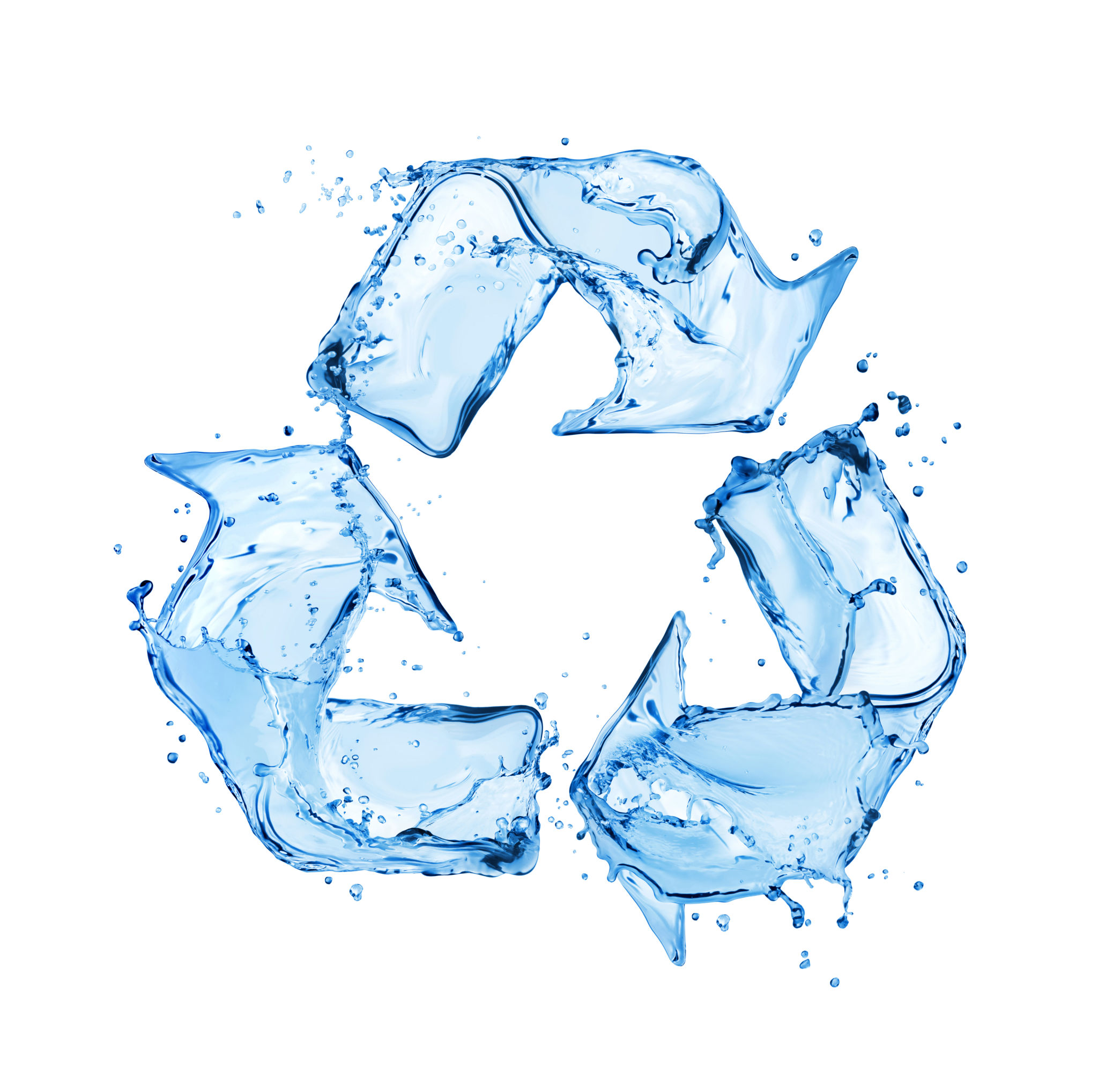Debunking Myths: The Truth About Industrial Water Management Solutions
Introduction to Industrial Water Management
Industrial water management is a crucial aspect of sustainable business operations. Despite its significance, many myths and misconceptions surround the topic, often leading to ineffective practices. This post aims to debunk some of these myths and shed light on the realities of industrial water management solutions.

Myth 1: Water Management Is Only About Conservation
One of the most common misconceptions is that industrial water management is solely about conserving water. While conservation is undoubtedly an essential component, it is not the only focus. Effective water management involves a comprehensive approach that includes water treatment, recycling, and efficient usage.
Industries must also consider the quality of water being used and discharged. Proper treatment processes ensure that water quality is maintained, reducing environmental impact and ensuring compliance with regulatory standards.
Myth 2: Water Recycling Is Too Expensive
Another prevalent myth is that water recycling technologies are prohibitively expensive for many industries. However, technological advancements have made these solutions more accessible and cost-effective. In fact, investing in water recycling can lead to significant long-term savings on water procurement and disposal costs.

Moreover, many governments and organizations offer incentives and subsidies for industries adopting sustainable practices, making it even more feasible to integrate recycling systems into existing operations.
Myth 3: Only Large Industries Need Water Management Solutions
Some believe that only large-scale industries need to invest in sophisticated water management solutions. This misconception can lead smaller businesses to neglect important practices that could enhance their efficiency and sustainability. In reality, companies of all sizes can benefit from tailored water management strategies.
Small and medium-sized enterprises (SMEs) can implement simple yet effective measures such as leak detection systems, regular maintenance schedules, and employee training programs to optimize their water use.

The Importance of Data in Water Management
A robust water management system relies heavily on data. Real-time monitoring and data analysis allow businesses to identify patterns, detect anomalies, and make informed decisions. This data-driven approach helps in optimizing water usage, predicting maintenance needs, and enhancing overall operational efficiency.
With the advent of IoT and smart technologies, industries now have access to advanced tools that provide precise data and actionable insights, further debunking the myth that effective water management is complex and unattainable.
Conclusion: Moving Beyond Myths
The myths surrounding industrial water management often deter businesses from adopting effective solutions. By understanding the realities of modern water management technologies, industries can implement strategies that are not only environmentally friendly but also economically beneficial.
It is crucial for businesses to stay informed and prioritize sustainable practices in their operations. Breaking free from these misconceptions will pave the way for more innovative and efficient industrial water management solutions in the future.
